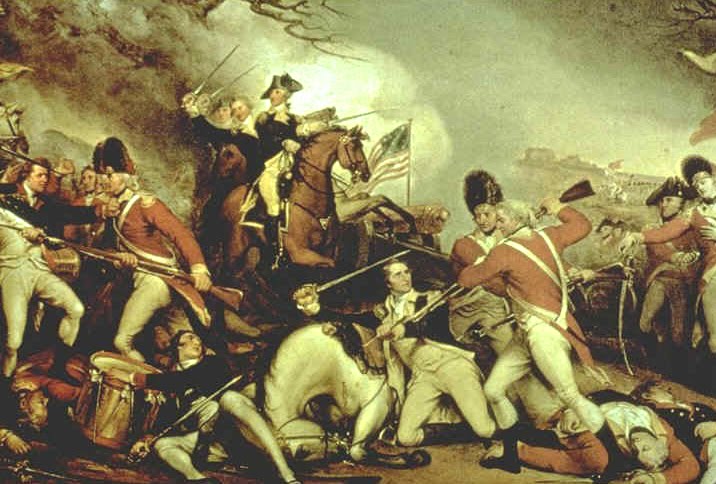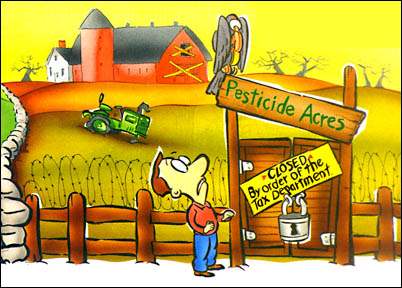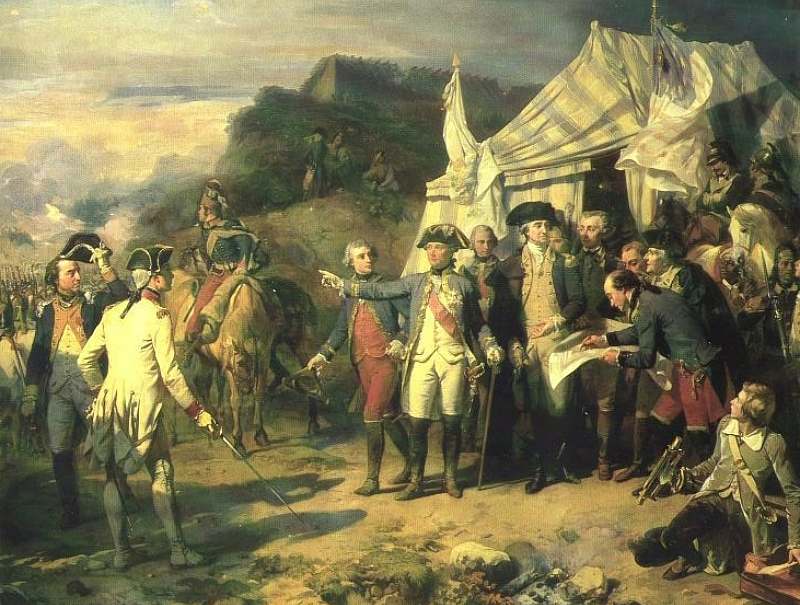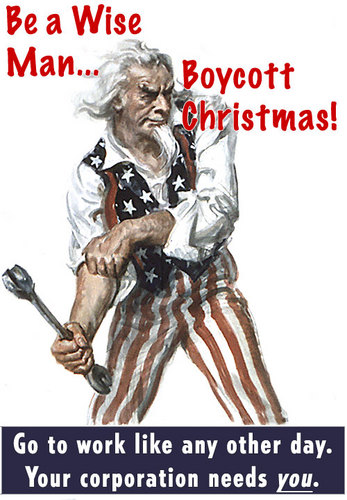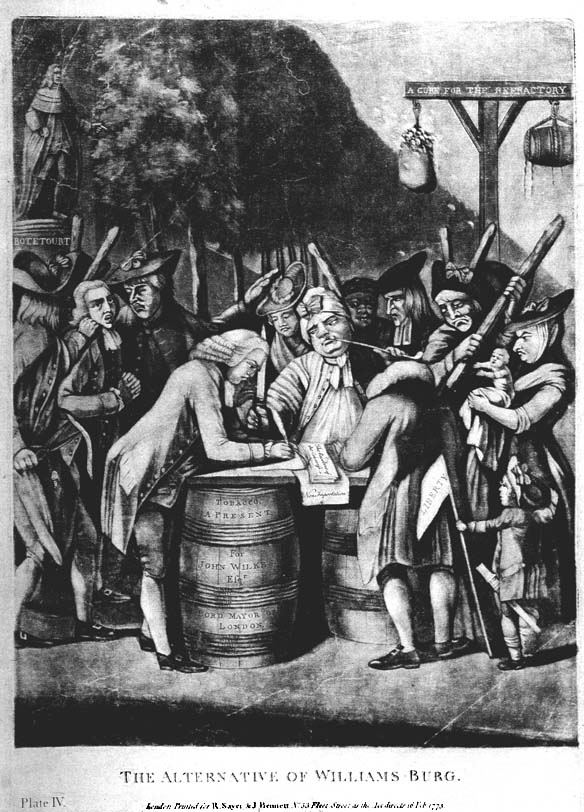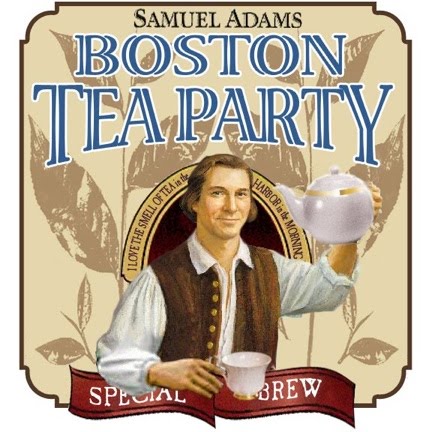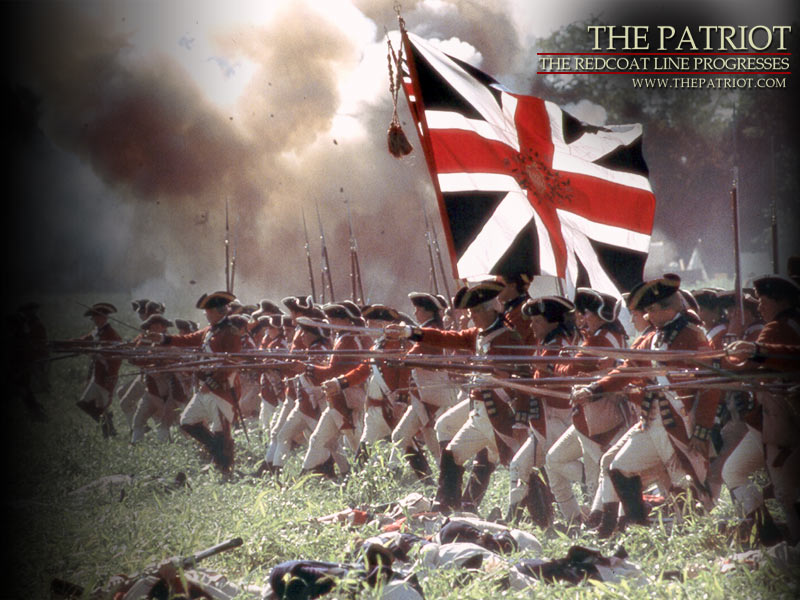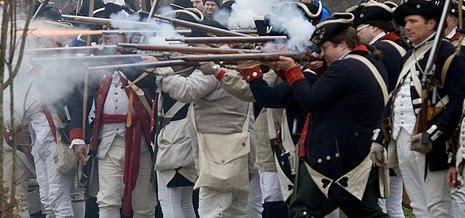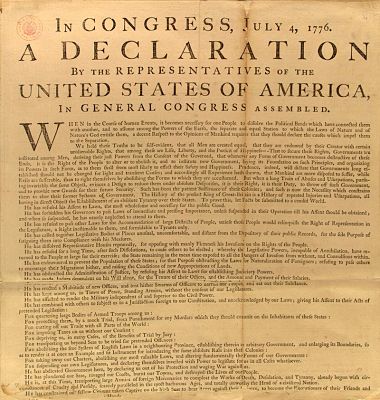
By 1775 the British government stopped ignoring the events which were leading to the war of independence.
British started thinking about the colonist as a true threat and began taking actions to take the weapons and power the colonist had gotten.
In April of 1775 the english secretary of State Dartmouth ordered Lt. General Thomas Gage to arrest the leaders of the rebel uprising.
About 700 British Army regulars, under Lieutenant Colonel Francis Smith, were given secret orders to capture and destroy military supplies that were reportedly stored by the Massachusetts militia at Concord. Through effective intelligence gathering, Patriot colonials had received word weeks before the expedition that their supplies might be at risk, and had moved most of them to other locations. They also received details about British plans on the night before the battle, and were able to rapidly notify the area militias of the military movement.
